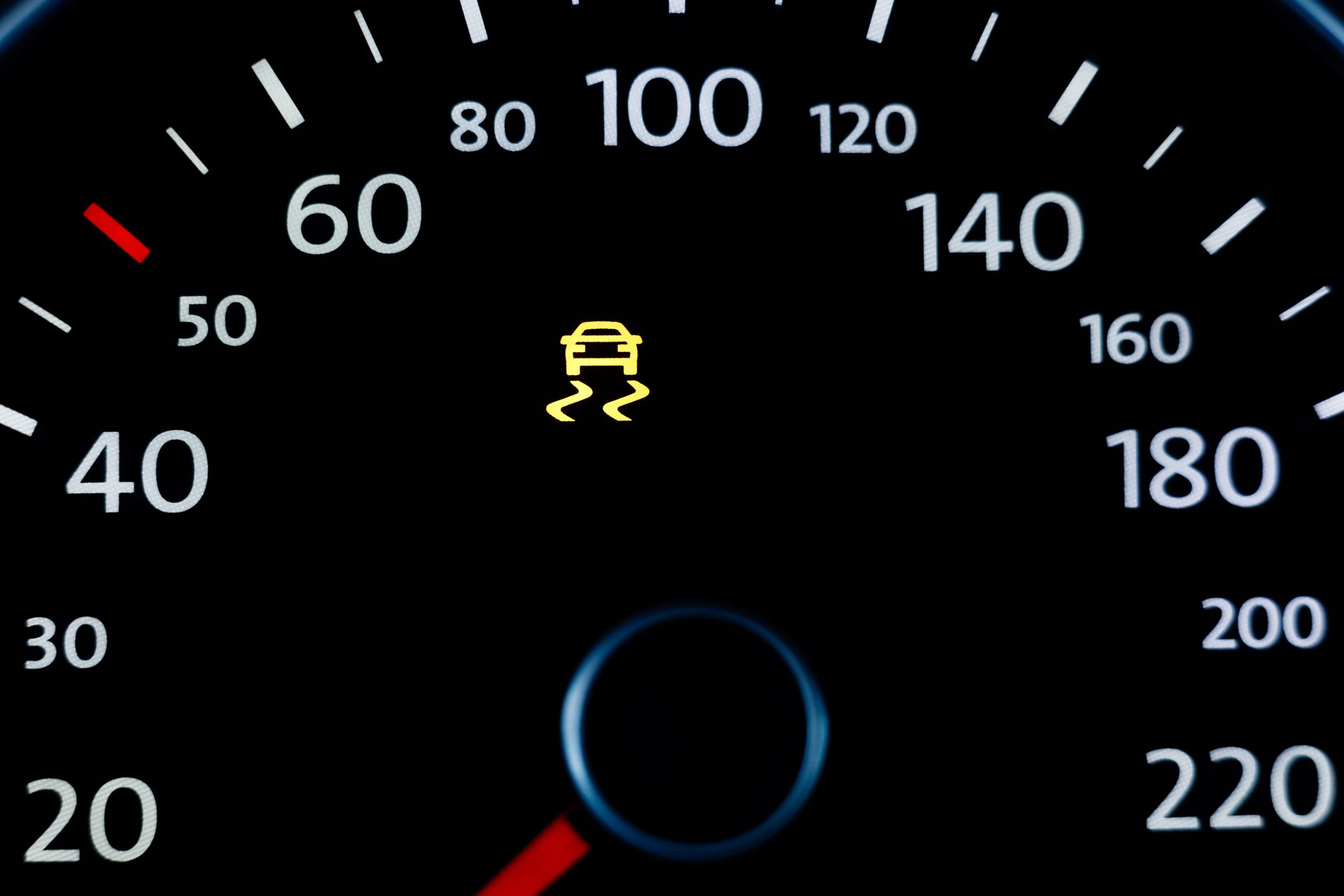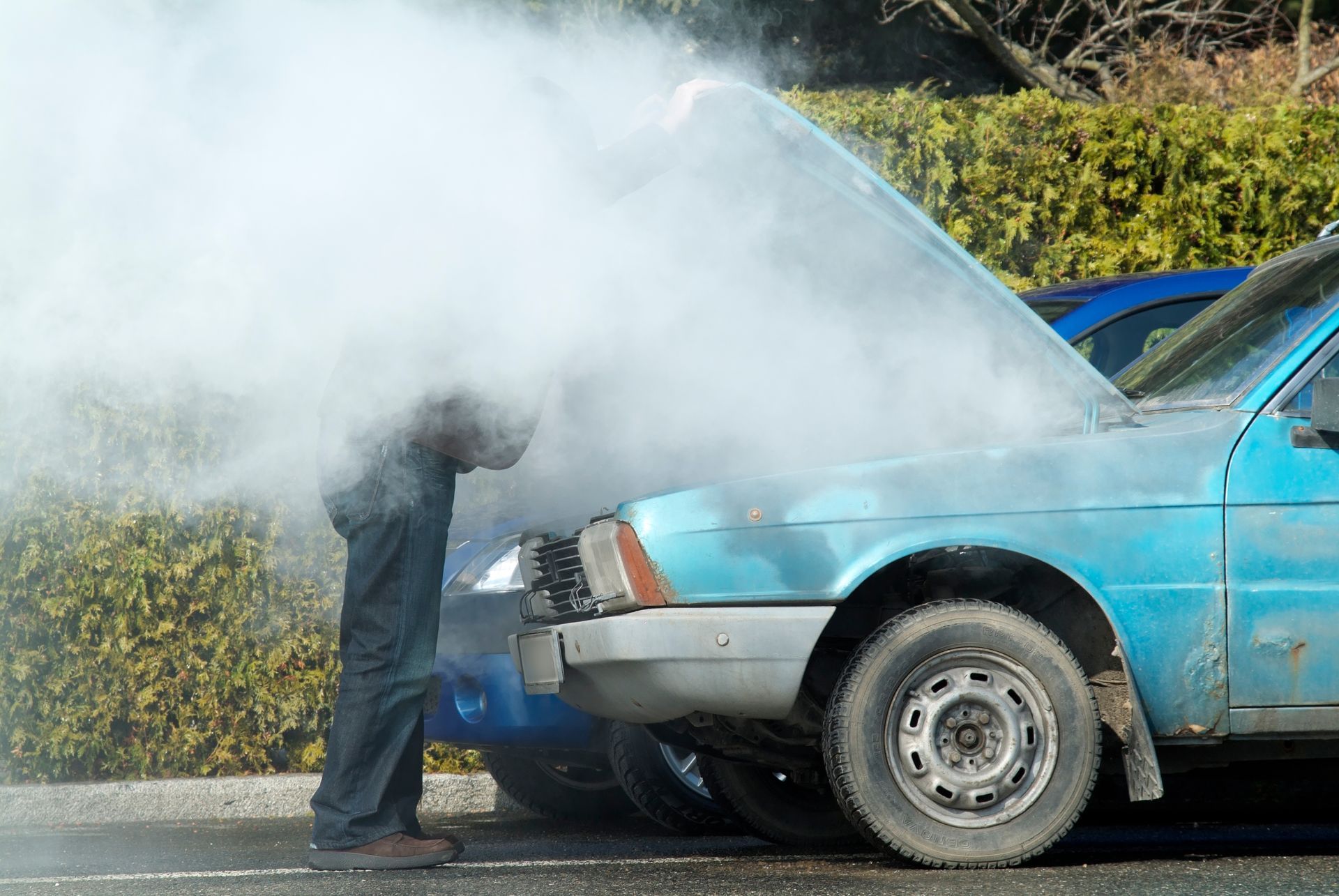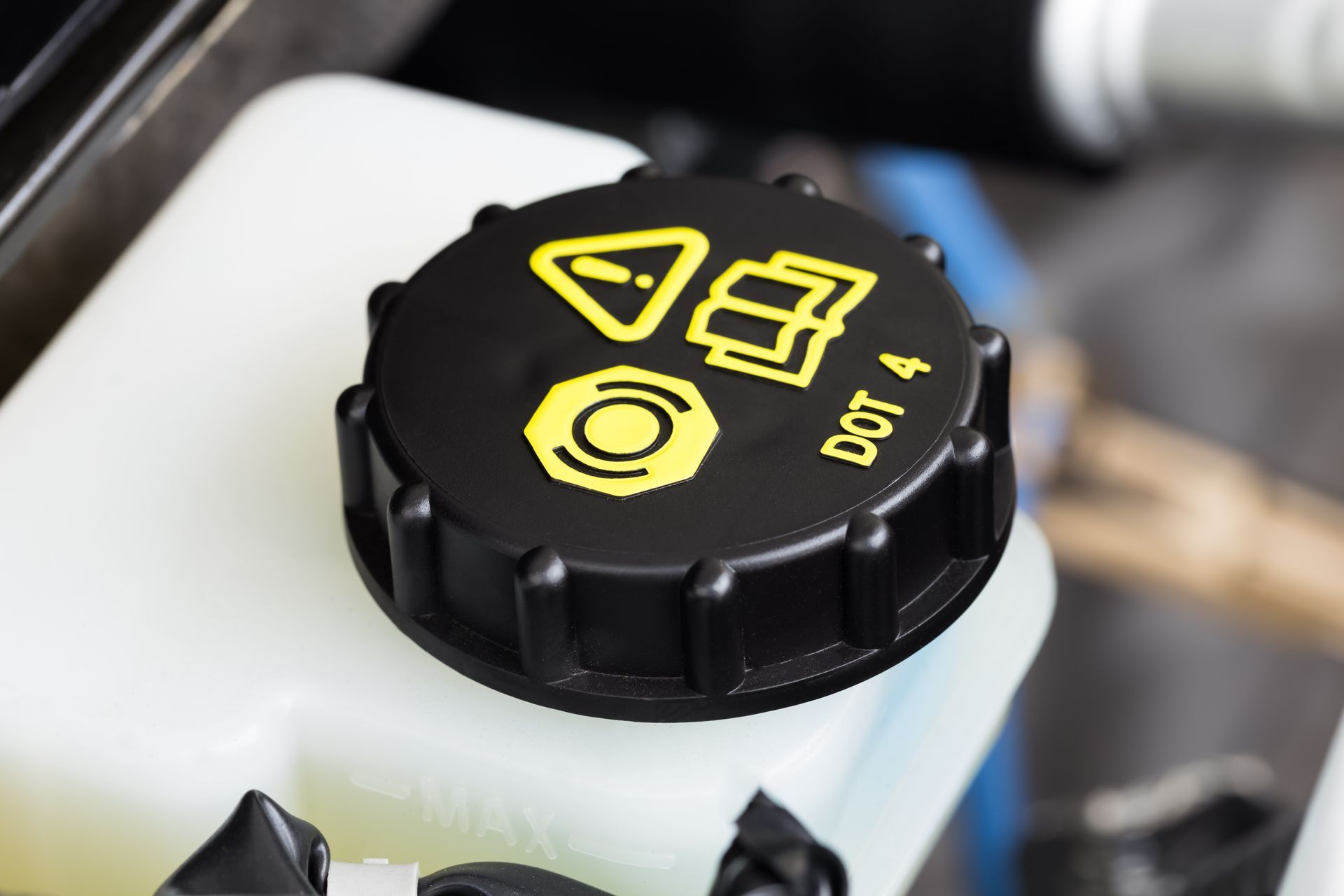Your car’s suspension does a lot more than just keep your ride comfortable. It is essential in handling, braking, and overall vehicle stability. When something goes wrong with the suspension, it’s not just your comfort that takes a hit—other parts of your car can suffer too. Ignoring worn-out shocks, struts, or springs can lead to bigger, more expensive issues that affect safety and performance. But how exactly does a failing suspension impact the rest of your vehicle?
Increased Tire Wear and Alignment Issues
When your suspension isn’t functioning properly, your tires bear the brunt of the damage. A worn suspension can cause uneven weight distribution, leading to irregular tire wear patterns. You might notice bald spots, cupping, or excessive wear on the edges of the tires. This not only shortens their lifespan but also affects traction and handling, making driving more unpredictable. Suspension problems can also throw off your vehicle’s alignment, causing your car to pull to one side and making it harder to keep it in a straight line.
Steering and Handling Problems
A bad suspension can make your car feel unstable and difficult to control, especially when turning or navigating bumpy roads. If you’re experiencing excessive body roll in corners or feel like your vehicle is swaying more than usual, it could mean that your suspension components are worn. This lack of stability puts extra strain on the steering system, which may lead to premature wear of tie rods, ball joints, and even the power steering components. Over time, these issues can result in costly repairs and unsafe driving conditions.
Strain on the Braking System
Did you know that a failing suspension can actually increase your stopping distance? When your shocks and struts are worn out, they can’t keep the tires properly planted on the road during braking. This can cause the front end to dip excessively, reducing traction and making it harder to stop quickly in an emergency. The added strain on your braking system can also lead to uneven brake pad wear, causing vibrations and reduced effectiveness over time.
Damage to the Chassis and Frame
Driving with bad suspension for too long can lead to stress on the chassis and frame of your car. When shocks and struts aren't absorbing road impact effectively, the force gets transferred to other parts of the vehicle, causing structural damage. This can result in creaks, squeaks, and even cracks in the frame or mounting points. Not only does this make your car noisier, but it can also weaken its structural integrity, leading to safety concerns down the road.
Poor Fuel Efficiency
Believe it or not, suspension problems can also affect your fuel economy. A misaligned or unbalanced vehicle requires more effort to move, meaning your engine has to work harder to compensate. This leads to increased fuel consumption and more frequent trips to the gas station. Fixing suspension issues early can help maintain optimal fuel efficiency and save you money in the long run.
If you're noticing any of these warning signs and suspect suspension issues, it’s important to address them before they turn into bigger problems. Whether it’s unusual tire wear, handling difficulties, or a bumpy ride, getting your suspension checked can prevent costly repairs and keep your car performing at its best. A professional inspection can help you determine the right course of action to restore your vehicle’s performance.
Need reliable auto repair? Visit BG Automotive in Colorado and let our technicians take care of your vehicle. With five convenient locations, we’re dedicated to keeping your car in top shape. Schedule your appointment today!
- Fort Collins, CO 80524
- Fort Collins, CO 80524
- Loveland, CO 80537
- Loveland, CO 80538
- Longmont, CO 80501











